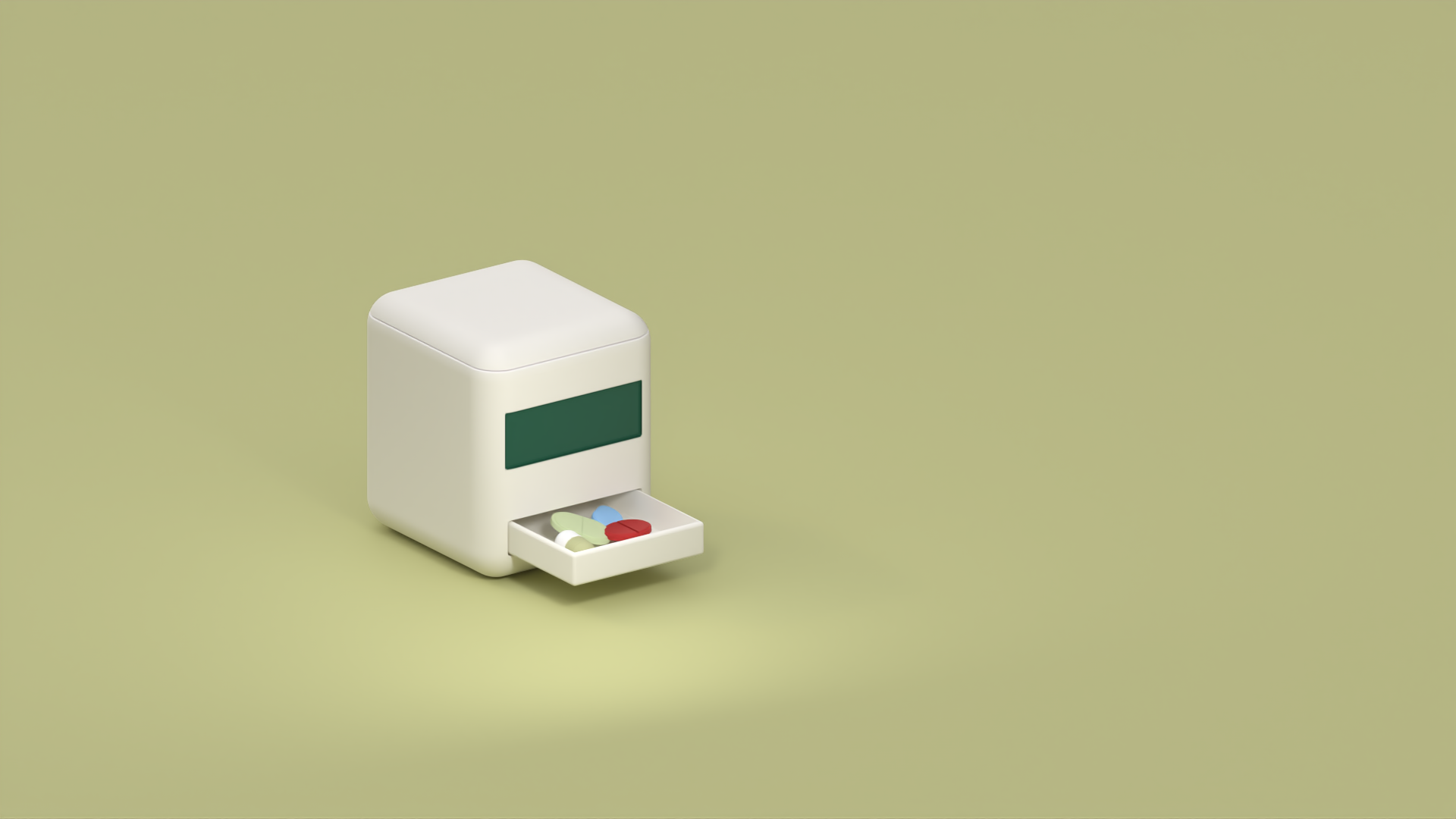finding the root of the problem...
Why do patients struggle to adhere to their medication regimens?
Drawing insights from white paper research, I discovered something interesting...
...results of a study showed that 49.6% of patients mentioned forgetfulness as one of the major non-intentional reasons for non-adherence...
Keeping this in mind, we continued digging deeper into the problem with user interviews. Our team interviewed those with chronic illnesses, those taking multiple medications at once, and those working in the pharmaceutical industry.
synthesizing the user interview findings
The reasons for non-adherence can be categorized into 3 buckets:
Knowledge
Unexpected side effects
Undervaluing medicine
Stigmas
Denial of health issues
Lack of knowledge/education
Routine
Forgetfulness
Away from medication
Lack of routine consistency
Stigmas
Perception
Stigmas
Undervaluing medicine
Lack of advocacy for patient from the doctor
Benefits of medicine are not perceived
Based on our initial white paper research and the synthesis from the affinity mapping, we decided to tackle the problem space of the routine-driven reasons for non-adherence. Our team felt that this was the most feasible, as we uncovered evidence from studies that education about medication had not improved adherence.
narrowing our problem space with a guiding question:
How might we seamlessly incorporate a medication regimen into patients’ lifestyles?





























































